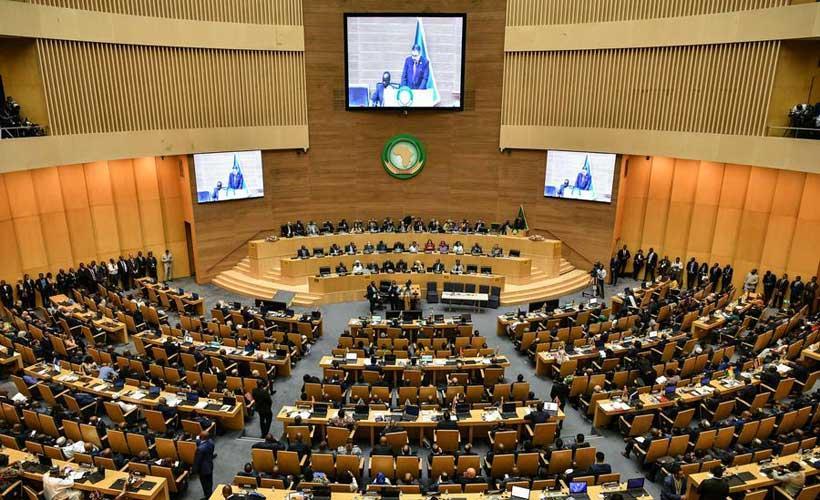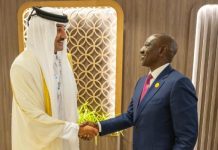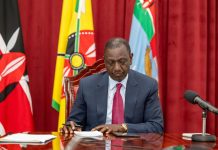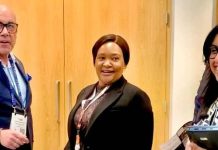By
Kester Kenn Klomegah
Africa-Press – Kenya. The African Union (AU) leadership expressed its steadfast and unwavering commitment to the women, peace, and security agenda and strongly urged women to ensure accountability and transformative influence during the week-long commemoration in late October 2025. The AU’s centerpiece of mobilization was the Windhoek+25 Declaration adopted in Namibia.
Ambassador Liberata Mulamula, Special Envoy of the Chairperson of the African Union Commission on Women, Peace and Security (OSE-WPS), delivered the declaration’s mandate across multiple high-level events. “The era of symbolic inclusion is over,” Mulamula declared. “The Windhoek+25 Declaration is a new call to action, moving the agenda forward by demanding we stop counting women’s presence and start measuring their influence and transformative impact.”
The message further focused on empowering both young women and men as the co-architects of the next 25 years of peace and integrating gender perspectives into emerging security challenges like climate change, technology-facilitated violence, and displacement.
Africa’s Roadmap: Five Priorities for Concrete Change
The AU highlighted that Africa is leading WPS implementation, citing examples like Kenya’s launch of its Third National Action Plan (KNAP III) immediately following Windhoek—a powerful, costed blueprint for national action. The Special Envoy outlined five key priorities guiding the continent’s action plan:
i) Full Participation: Guaranteeing at least 30% representation for women in all peace processes, from ceasefire negotiations to recovery efforts.
ii) Protection and Accountability: Strengthening efforts to end all forms of gender-based and conflict-related sexual violence, ensuring justice, and safeguarding the safety of women and girls.
iii) Regional Solidarity: Building stronger women’s platforms across RECs (SADC, IGAD, ECOWAS, and Great Lakes Region) to foster cross-border collaboration and early warning.
iv) Nurturing Intergenerational Leadership: Connecting young women with seasoned leaders through mentorship and amplifying grassroots voices.
v) Economic Empowerment and Peace Education: Investing in women’s economic resilience while embedding peace education in schools to counter hate speech.
Partnering for Implementation
The African Union welcomed deeper collaboration with the United Nations on shared commitments. Ambassador Mohamed Edrees, the African Union Permanent Observer to the United Nations, affirmed the AU’s position at the High-Level Meeting on the Secretary-General’s Common Pledge:
“We warmly welcome the United Nations’ Secretary-General’s Common Pledge on Women’s Participation in Peace Processes and urge all mediation and peace actors to turn its promises into practice. When women are meaningfully included in peace processes, the outcomes are stronger, fairer, and more enduring.”
The Future of Peace is Accountable.
The AU’s participation in WPS Week reinforced a clear message: peace is not merely the absence of conflict but the “presence of justice, equality, and inclusivity.” The momentum generated by the Windhoek+25 Declaration must now shift from declarations to demonstrable delivery. The African Union remains committed to ensuring that the power, participation, and leadership of women—across all generations—are the cornerstone of a sustainable and peaceful future for the continent of Africa.
moderndiplomacy
For More News And Analysis About Kenya Follow Africa-Press






